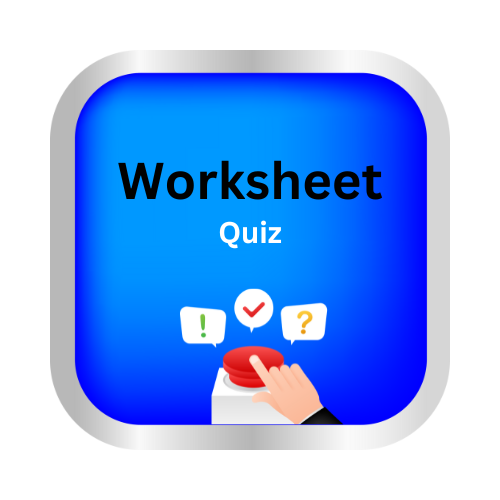Use context to identify the meaning of a word
Use Context To Identify The Meaning Of A Word by Delta publications
Key Notes :
| What Are Context Clues? |
Think of context clues as the detective’s tools that can help you understand difficult words. They are the words and sentences around the tricky word that give you hints about what it means. These hints are like little clues that point you to the definition!
| Types of Clues |
| Definition/Explanation: The sentence tells you what the word means. | Example: The word carnivore means an animal that eats meat. Lions and tigers are examples of carnivores.Here, the sentence directly tells you what carnivore means, and gives examples. |
| Example: The sentence shows you what the word means. | Example: Maya felt elated when she found out she was going to Disneyland! She was so happy she jumped up and down.Here, the sentence does not tell you that elated means happy, but from the rest of the example, you can work it out! |
| Contrast: The sentence tells you what the word is not. | Example: Alex wasn’t lazy; instead, he was always busy doing chores around the house.Here, the word instead is a contrast clue, telling us that lazy is the opposite of being busy. |
| Let’s Practice! |
Read each sentence and see if you can figure out what the underlined word means:
- The old house was dilapidated. The roof was falling apart, and the walls were crumbling.
- My little sister is very docile; she always does what she is told without complaint.
- The arduous climb up the mountain took all day, and we were exhausted when we finally reached the top.
Great job, word detectives! You are well on your way to becoming reading experts.
let’s practice!
Pages: 1 2

